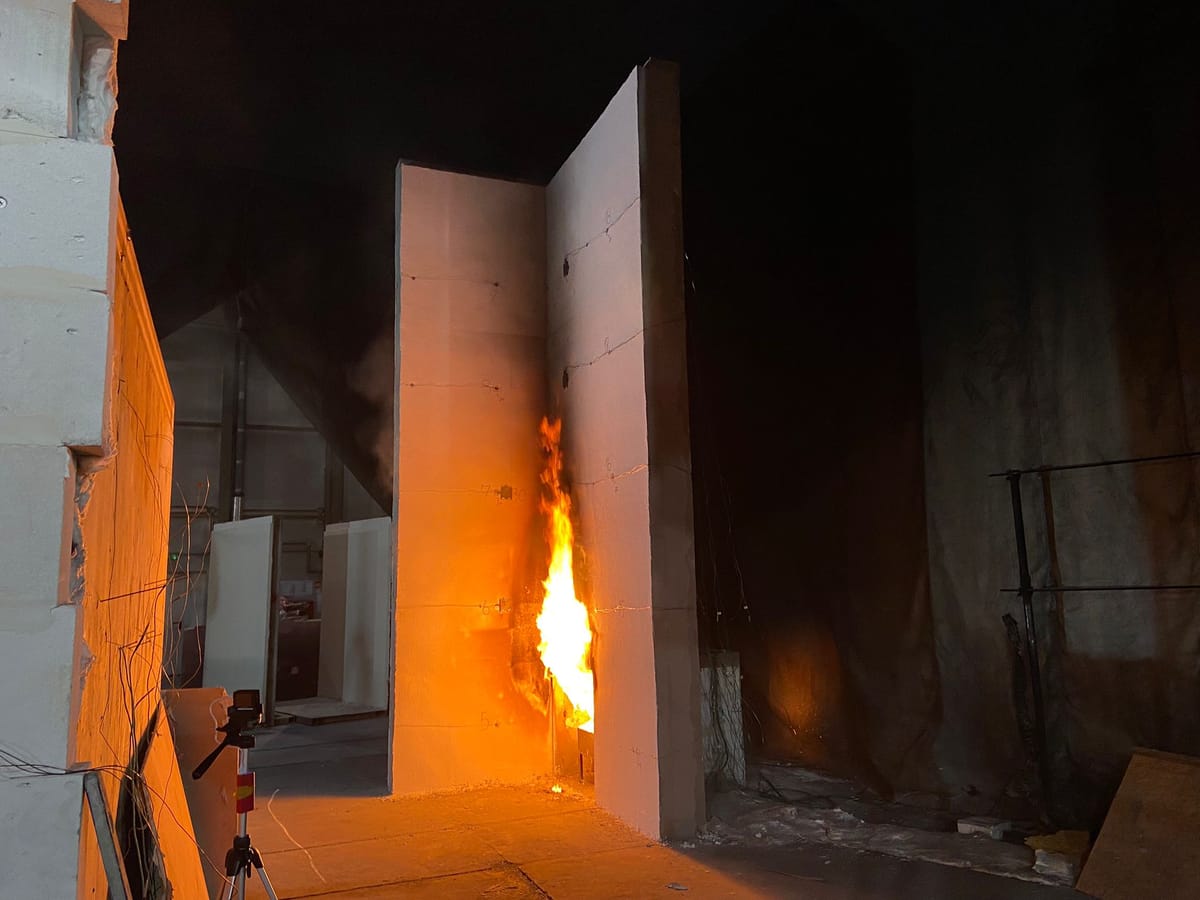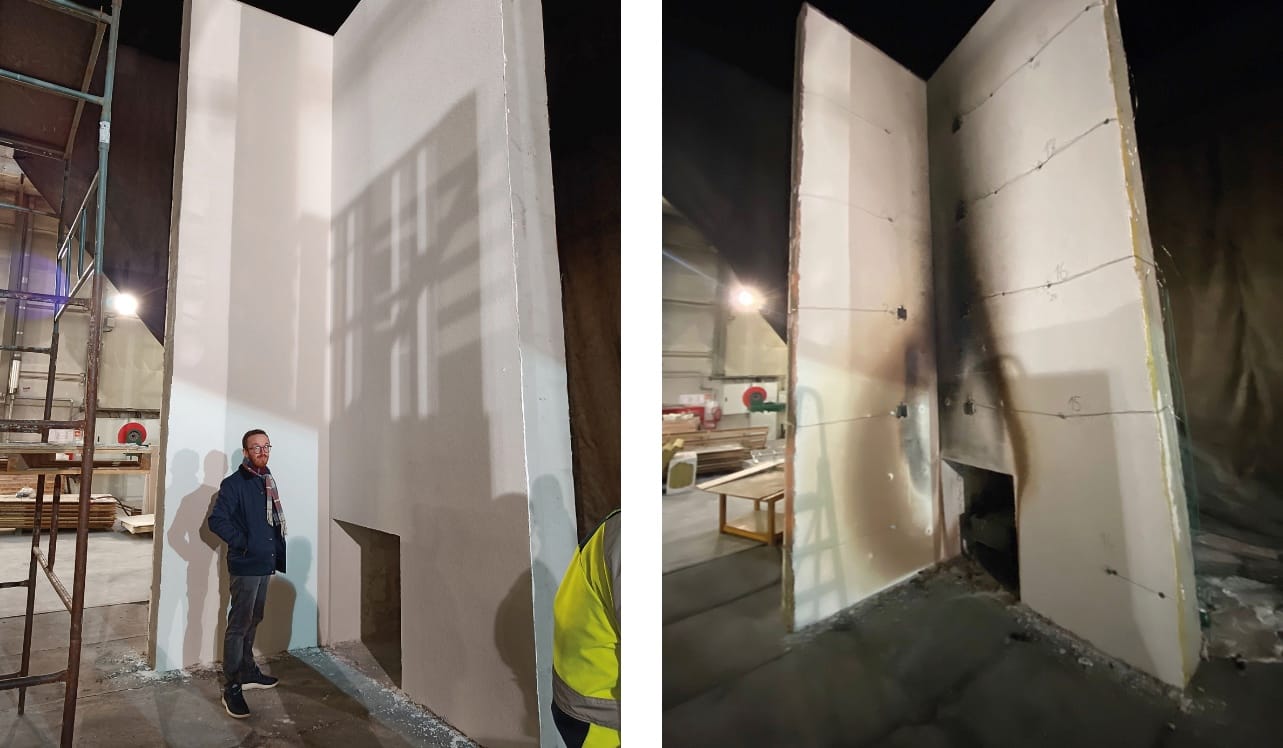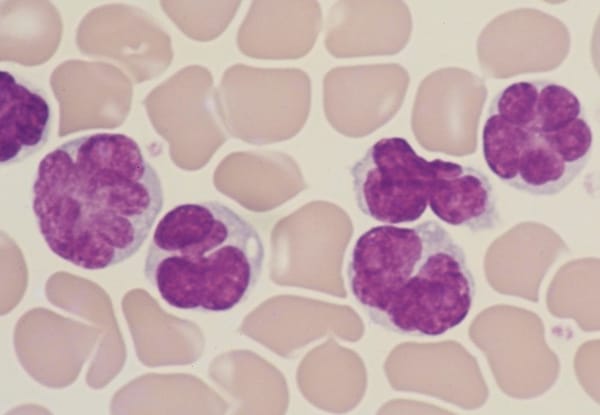Science Spotlight: Fire Safety in Tall Buildings with Dr Matthew Bonner
Dr Matthew Bonner is a Research Assistant at Hazelab, a fire science research group in the Department of Mechanical Engineering

Dr Matthew Bonner is a Research Assistant at Hazelab, a fire science research group in the Department of Mechanical Engineering, under the supervision of Professor Guillermo Rein. Dr Bonner researches the fire safety of tall buildings, focusing on the external walls (known as the façade).
“Over the last 30 years, there have been over 50 fires where the façade has ignited and spread fire rapidly across a building”, he says. “These fires are getting more frequent. The desire for taller, energy efficient buildings has led to façades being built with newer materials.” These materials are lighter and faster to build, better insulators, and visually appealing – but they are often flammable, like some plastics.
Dr Bonner seeks to understand how building façades burn and how we can make them safer. His work integrates experiments with knowledge from the fields of fire science, statistics, machine learning, optimisation and heat transfer. As part of his research, he investigates the safety tests currently used in industry, by setting fire to façades in the lab.
“These kinds of safety tests are used to decide whether facades containing combustable components are suitable to use on tall buildings or not. Although many countries use these kinds of tests to check the same thing – whether a facade will propagate fire along a building – they use test rigs of different sizes and expose the facade to different sizes of fire. We are investigating whether these different methods give consistent results when ranking facades in terms of their flammability, or whether they in fact disagree with each other.”
“The images here are of the DIN 4102-20 test, used in Germany. The wall is 5.5 m tall. These photos are from the control test using a facade with non-combustible insulation.”










